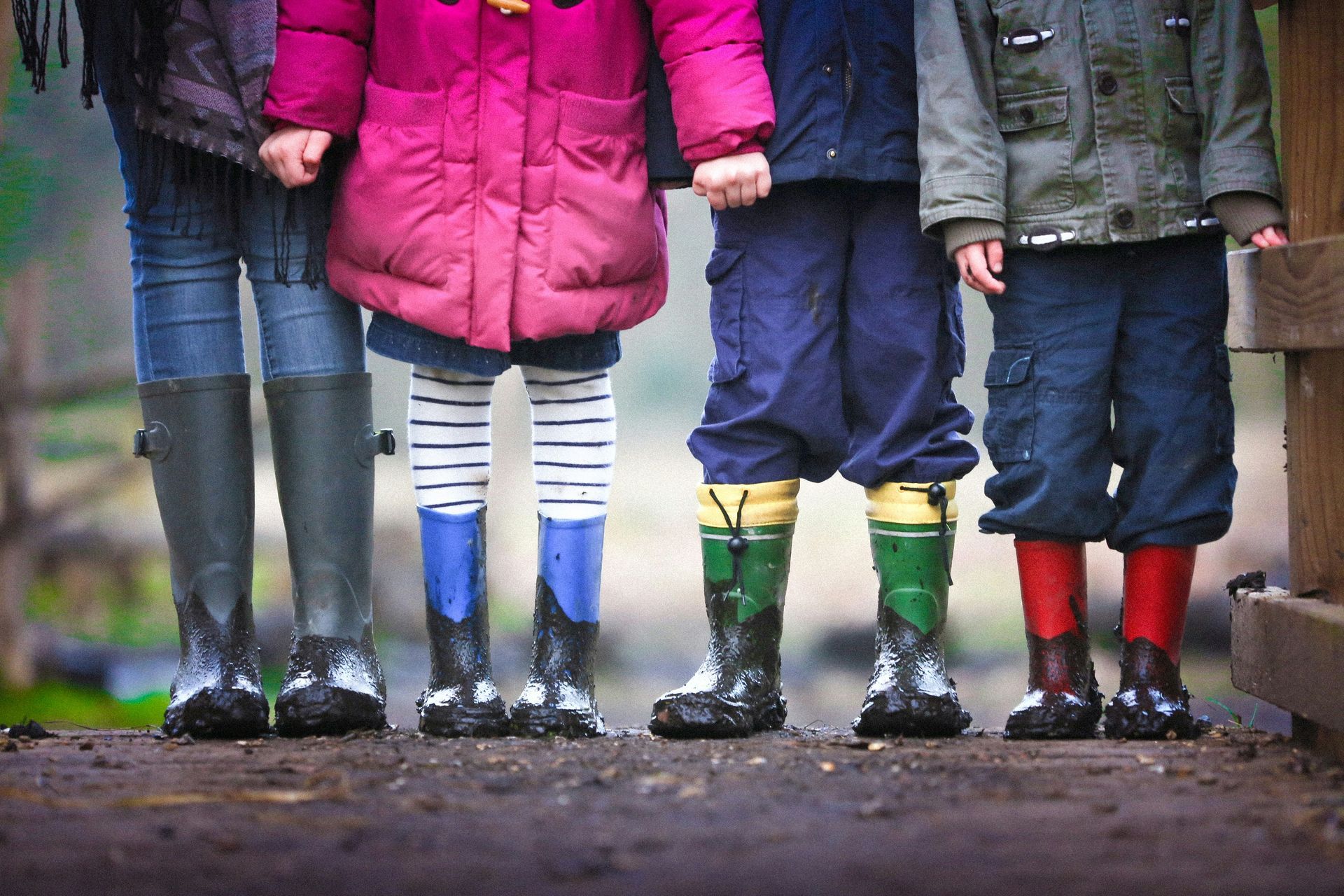Understanding the Heart Behind Big Behaviors: Keys to Supporting Children with Trauma
Transforming Your Approach to Parenting Children with Traumatic Backgrounds Through Compassionate Connection

Have you ever found yourself bewildered by your child's seemingly irrational outbursts, wondering what triggered such an intense reaction to what appeared to be a minor situation? For parents raising children with trauma histories, these confusing moments can feel like navigating an emotional minefield without a map.
When Traditional Parenting Approaches Fall Short
Children who have experienced early trauma—whether from adverse experiences, adoption, foster care, or family disruption—often respond to the world differently. Their nervous systems have been wired for survival, not connection. As trauma specialist Robyn Gobbel explains, "Children with trauma histories aren't giving us a hard time—they're having a hard time" (Gobbel, 2023). Traditional discipline methods can inadvertently worsen behaviors by triggering stress responses in children whose brains perceive ordinary situations as threatening.
Research from the field of interpersonal neurobiology shows that children's difficult behaviors are often communication about their internal states, not willful disobedience. Dr. Bruce Perry, renowned child psychiatrist, notes that "the most powerful buffer in times of stress and distress is our social connectedness" (Perry & Szalavitz, 2017).
Building Safety Before Addressing Behavior
The good news is that approaches focused on connection rather than correction can help children heal and develop healthier responses. Robyn Gobbel's work emphasizes that regulation must come before reasoning—connection before correction.
The PACE Approach: Creating Felt Safety
One evidence-based strategy is the PACE approach developed by Dr. Daniel Hughes, which stands for Playfulness, Acceptance, Curiosity, and Empathy. This approach helps create an environment of psychological safety essential for healing.
To implement PACE in your daily interactions:
- Start with playfulness: Use a light, warm tone even during difficult moments to signal safety and reduce threat responses.
- Practice acceptance: Acknowledge your child's emotions without judgment, communicating that all feelings are acceptable even when certain behaviors aren't.
- Approach with curiosity: Wonder aloud what might be happening for your child instead of assuming you know their motivation. Try "I wonder if you're feeling scared right now?" instead of "Stop trying to get attention."
- Lead with empathy: Connect with the feelings beneath the behavior before attempting to address it. Simply saying, "This is really hard" can help a child feel seen.
When parents consistently use this approach, children learn that they're safe, their emotions matter, and they have an adult who can help them navigate big feelings. As Gobbel emphasizes, "When a child feels safe and connected, challenging behaviors naturally diminish because they no longer serve a purpose" (Gobbel, 2023).
Meeting Needs Behind Behaviors
Remember that children's challenging behaviors often represent unmet needs. By shifting your perspective from "How do I stop this behavior?" to "What is my child trying to communicate?", you open the door to deeper healing and connection.
When your child seems most unlovable is precisely when they need your love and understanding most. Supporting a child with trauma requires patience, consistency, and often professional guidance, but the rewards of witnessing their healing journey are immeasurable.
If you're parenting a child with a trauma history and finding yourself exhausted, confused, or discouraged by challenging behaviors, you don't have to navigate this path alone. At Bareiter Counseling Center, our trauma-informed therapists specialize in supporting families through these complex dynamics. Contact us at 704-334-0524 to learn how we can help you and your child move toward healing and connection.
References:
Gobbel, R. (2023). Raising Kids with Big, Baffling Behaviors.
Perry, B. D., & Szalavitz, M. (2017). The Boy Who Was Raised as a Dog: And Other Stories from a Child Psychiatrist's Notebook. Basic Books.



